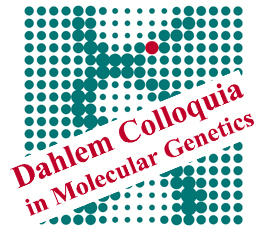Dahlem Colloquium: Modeling differentiation and stimulation response in single-cell genomics
- Date: May 2, 2019
- Time: 03:00 PM - 04:00 PM (Local Time Germany)
- Speaker: Fabian Theis
- Institute of Computational Biology, Helmholtz Center Munich, Germany
- Location: Seminar Room SI, Tower 3
- Host: Edda Schulz and Annalisa Marsico, Otto-Warburg-Laboratory

Accurately modeling single cell state changes e.g. during differentiation or in response to perturbations is a central goal of computational biology. Single-cell technologies now give us easy and large-scale access to state observations on the transcriptomic and more recently also epigenomic level. In particular they allow resolving potential heterogeneities due to asynchronicity of differentiating or responding cells, and profiles across multiple conditions such as time points and replicates are being generated.
In this talk I will quickly review how to estimate lineage
formation using graph abstraction as extension of pseudotemporal
ordering, and how to take additional information such as RNA
velocity into account. I then ask how to generalize predictions
to phenomena absent from training data i.e. out-of-sample. For
this, I will present scGen, a model combining variational
autoencoders and latent space vector arithmetics for
high-dimensional single-cell gene expression data. In benchmarks
across a broad range of examples, we show that scGen accurately
models dose and infection response of cells across cell types,
studies and species. In particular, we demonstrate that scGen
learns cell type and species specific response implying that it
captures features that distinguish responding from
non-responding genes and cells.